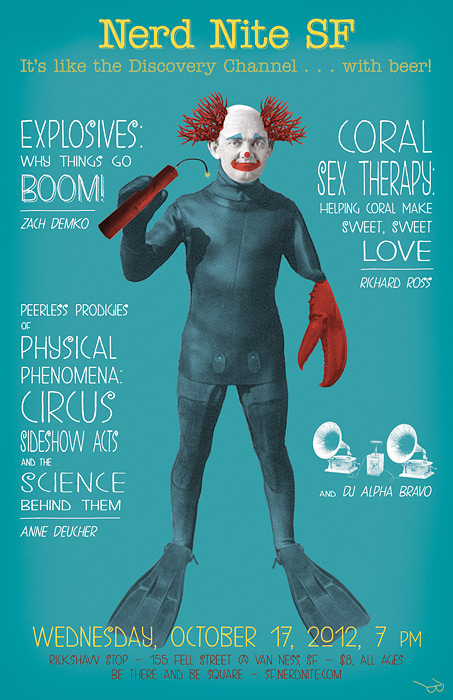Rich Ross focuses on Phosphate in the last MACNA 2014 speaker video
From Reefbuilders, by Jake Adams
Local copy of video here: https://vimeo.com/124146969
“Phosphate does not mean what you think it means” is probably one of the most profound things any speaker has said about this much maligned nutrient in our reef tanks. While PO4 gets a bad rap in our tanks, nothing, not the fish, the corals, the invertebrates, or the microbiology could even begin to happen without some amount of this very essential element for all biological systems.
We know that phosphate can inhibit certain parts of the calcification process in stony corals, recent research has shown that some species of coral can actually grow faster in the presence of higher phosphate concentration. The gist of this talk is that what we know about phosphate theoretically, doesn’t necessarily line up with our experiences and with our practical observations.
Many reefers like to brag about their super low phosphate levels, and a simple search of “phosphate” on this website will reveal a whole cottage industry to dealing, removing, and testing for phosphate. It is true that phosphate can be the root of many problems in home aquariums, and in natural environments, plenty of successful reef aquariums run a much higher than prescribed level of phosphate in their water.
